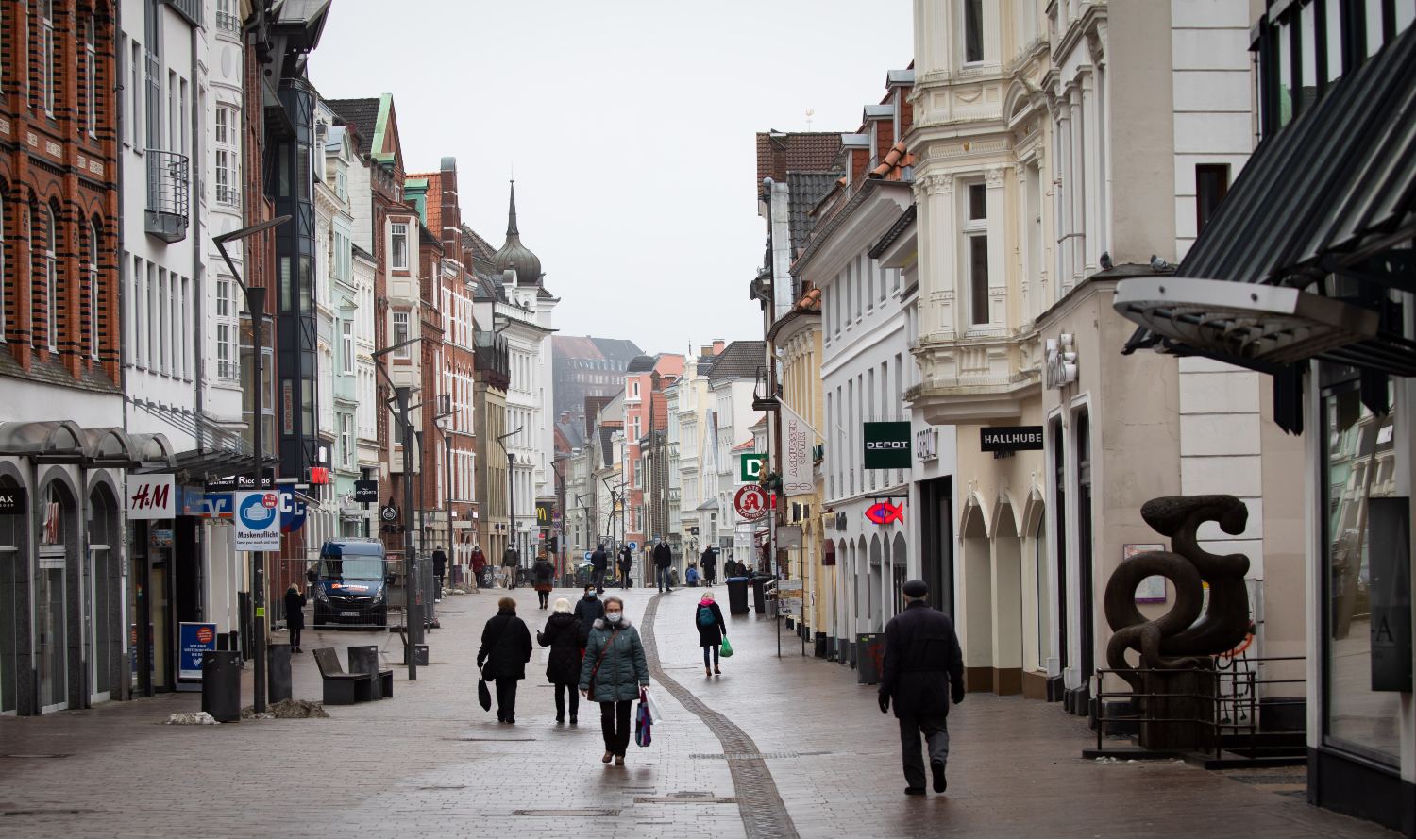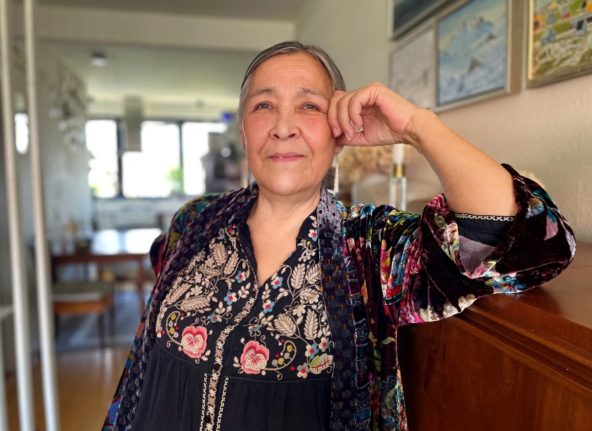A statement published on the justice ministry's website, cited a rise in infections in the town of Flensburg, close to the Danish border.
“Therefore we are now introducing considerably more intense border checks and closing a number of smaller border crossings along the Danish-German border,” justice minister Nick Haekkerup said in the statement.
In total, 13 crossings will be closed outright and nine others will receive increased security from Thursday.
Denmark, which has been in partial lockdown since Christmas, reopened primary schools last week as the number of new coronavirus cases has dropped.
READ ALSO: Covid-19 variant: Is Flensburg outbreak a red flag for Germany?
However, non-essential shops, bars and restaurants, cultural venues, secondary schools, colleges and universities remain closed.
As of January 9th, foreigners also need to present a negative Covid-19 test to enter the country.
On the other side of the border the mayor of Flensburg, Simone Lange, said Friday that 80 cases of the more contagious virus variant first discovered in the UK had been detected in her town in recent days.
As a result Flensburg residents will be subject to greater restrictions including the introduction of a nightly curfew from Saturday, initially planned to be in place for a week.
Private gatherings are also banned in the town.
At the national level in Germany no curfew is in force, except where a local cluster of cases is discovered.
However people are requested to limit social contacts to only one other person outside their household.



 Please whitelist us to continue reading.
Please whitelist us to continue reading.
Member comments